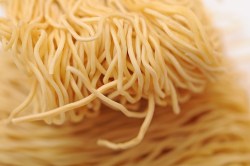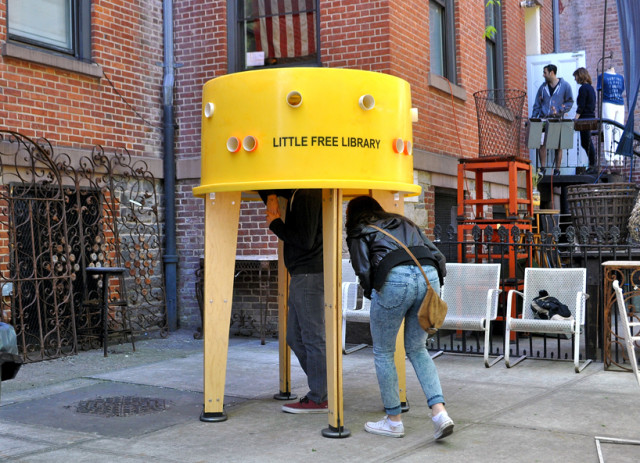
ShutterstockJapan wants to make sure its noodles remain untainted by GMOs.
Japan cancelled a bid on 27,500 tons of Pacific Northwest wheat on Thursday — the first bite taken out of America’s wheat export market after a rogue genetically engineered strain was discovered growing like a weed on an Oregon farm.
Other international buyers also reacted negatively to the news, with South Korea suspending its tenders to import U.S. wheat and European Union countries being urged to step up genetic testing of American imports. Taiwan said it may seek assurances that all imported wheat from the U.S. is GMO-free, the Wall Street Journal‘s MarketWatch reports.
“As long as the situation remains unchanged, we have no choice but to avoid bidding for the product,” [a Japanese government] official said …
“We are asking US authorities to disclose information related to the incident as quickly as possible,” the official said. …
Japan imports around five million tonnes of wheat a year, 60 percent of which is from the US, making it one of the largest importers of the crop. …
In Brussels, the European Commission said Thursday it has asked EU member states to check imports of wheat from the United States which may be tainted with the genetically modified strain.
The budding global backlash is a reminder that while America is a friendly place for most GMO crops, other countries consider transgenic foods to be abhorrent. GMO wheat has not been authorized to be grown or sold anywhere in the world. Monsanto ceased efforts to market the transgenic wheat in 2005 when it became clear that America’s export-dominated market would not tolerate it.
America is the world’s biggest wheat exporter, shipping $8 billion worth around the world every year. Australia is No. 2. While many wheat buyers may now look to Australia to boost its exports, experts told Reuters that it was unlikely the country’s growers could meet a spike in demand.
This is not the first time that transgenic crops have popped up where they were not wanted. From Reuters:
The latest finding revives memories of farmers unwittingly planting genetically modified rapeseed in Europe in 2000, while in 2006 a large part of the U.S. long-grain rice crop was contaminated by an experimental strain from Bayer CropScience , prompting import bans in Europe and Japan.
The company agreed in court in 2011 to pay $750 million to growers as compensation.
Monsanto should prepare to face the ire of the world. And it was already very unpopular. Just last weekend saw rallies held around the globe in opposition to the company’s genetically modified products and business practices.




